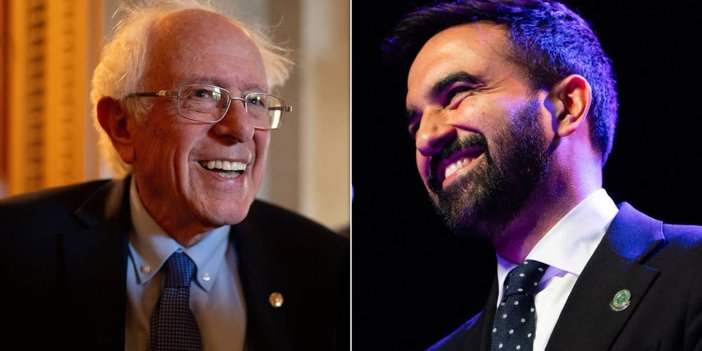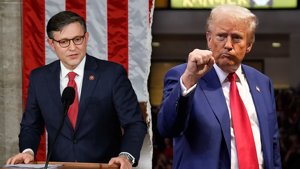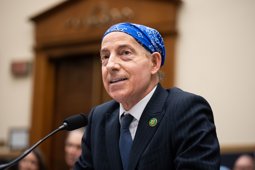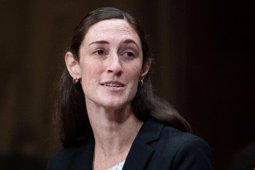
Mamdani’s Platform, Sanders’ Money Reform Spark NYC Political Clash
NYC mayoral hopeful Zohran Mamdani pledges free services and tax hikes as Sanders, Rogan debate money in U.S. campaigns.
Mamdani’s Ambitious Agenda Reshapes Mayoral Race
Democratic socialist candidate Zohran Mamdani has surged into contention for New York City mayor, bringing bold proposals and high-profile endorsements to the forefront of the race. Supported by Senator Bernie Sanders and Representative Alexandria Ocasio-Cortez, Mamdani’s campaign promises an extensive expansion of public services and a dramatic shift in the city’s approach to governance.
Mamdani, currently a state assemblyman, pledges to freeze rent for over two million residents in rent-stabilized apartments, implement free public transit, launch a network of city-run grocery stores to keep food affordable, and offer universal childcare for children aged six weeks to five years. These proposals have captivated progressive voters and challenged the campaign of former New York Governor Andrew Cuomo, the early frontrunner.
To fund these sweeping initiatives, Mamdani’s platform relies on an extra $10 billion in city revenue. He plans to achieve this through raising the corporate tax rate to 11.5%, implementing a flat 2% tax on income above $1 million, and strengthening tax enforcement by hiring additional auditors and cracking down on no-bid contracts and landlords. The revenue would support not only social services but also a new Department of Community Safety, expanded gun violence prevention programs, and an 800% increase in funding for hate violence prevention.
Another central tenet is what Mamdani calls “Trump-proofing” New York City. He pledges to shield immigrants from federal immigration enforcement, remove ICE from city facilities, expand legal services, and enhance protections for LGBTQ+ residents and reproductive rights. The platform’s ambitious scope includes making New York a sanctuary city for LGBTQ+ individuals and setting the city’s minimum wage at $30 per hour by 2030.
Sanders and Rogan Spotlight Billionaire Influence in Politics
As Mamdani’s promises draw national headlines, Senator Bernie Sanders has been equally vocal on the issue of money in politics. Appearing on Joe Rogan’s podcast, Sanders discussed his priorities, including campaign finance reform, should he return to presidential politics. He argued for government-funded elections to level the playing field, asserting that the current system empowers billionaire donors at the expense of ordinary citizens.
Sanders singled out both parties for relying on large-scale donations, referencing Elon Musk’s $270 million in support of President Donald Trump, contrasted by Kamala Harris’s $1.5 billion campaign expenditure. Sanders called the Supreme Court’s Citizens United decision “maybe the worst decision ever,” insisting that unlimited political spending distorts democracy and enables special interests to override the will of voters.
Rogan challenged Sanders on whether government-funded campaigns could be justified to taxpayers, but Sanders maintained that public financing is preferable to billionaire dominance. The conversation underscored a growing dissatisfaction with both major parties and a broad public desire for a new vision of American politics—one less beholden to the ultra-wealthy.
Future of NYC and American Politics in Focus
The convergence of Mamdani’s sweeping local promises and Sanders’s call for national reform highlights a pivotal moment in American politics. With New York’s ranked-choice mayoral primary complicating immediate results, the city stands at a crossroads over its political and economic future. Meanwhile, Sanders’s critique of the campaign finance system echoes a broader, bipartisan call for greater equity and transparency in American democracy.
As candidates debate the direction of both New York City and the nation, voters are left to weigh visions of expansive government intervention against concerns over feasibility and fairness. The outcome of the mayoral race—and the ongoing debate over big money in politics—will help determine the contours of American governance for years to come.






